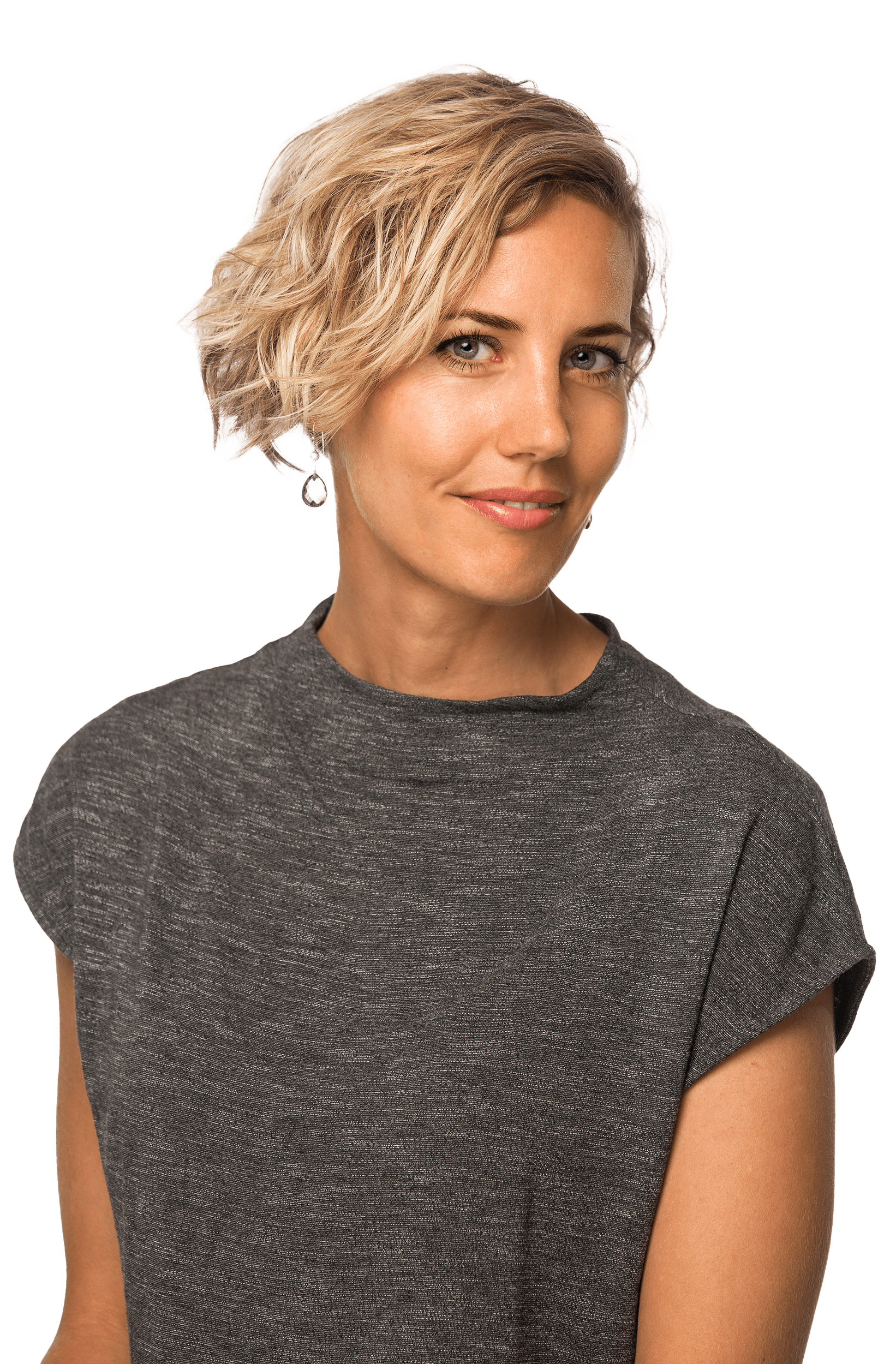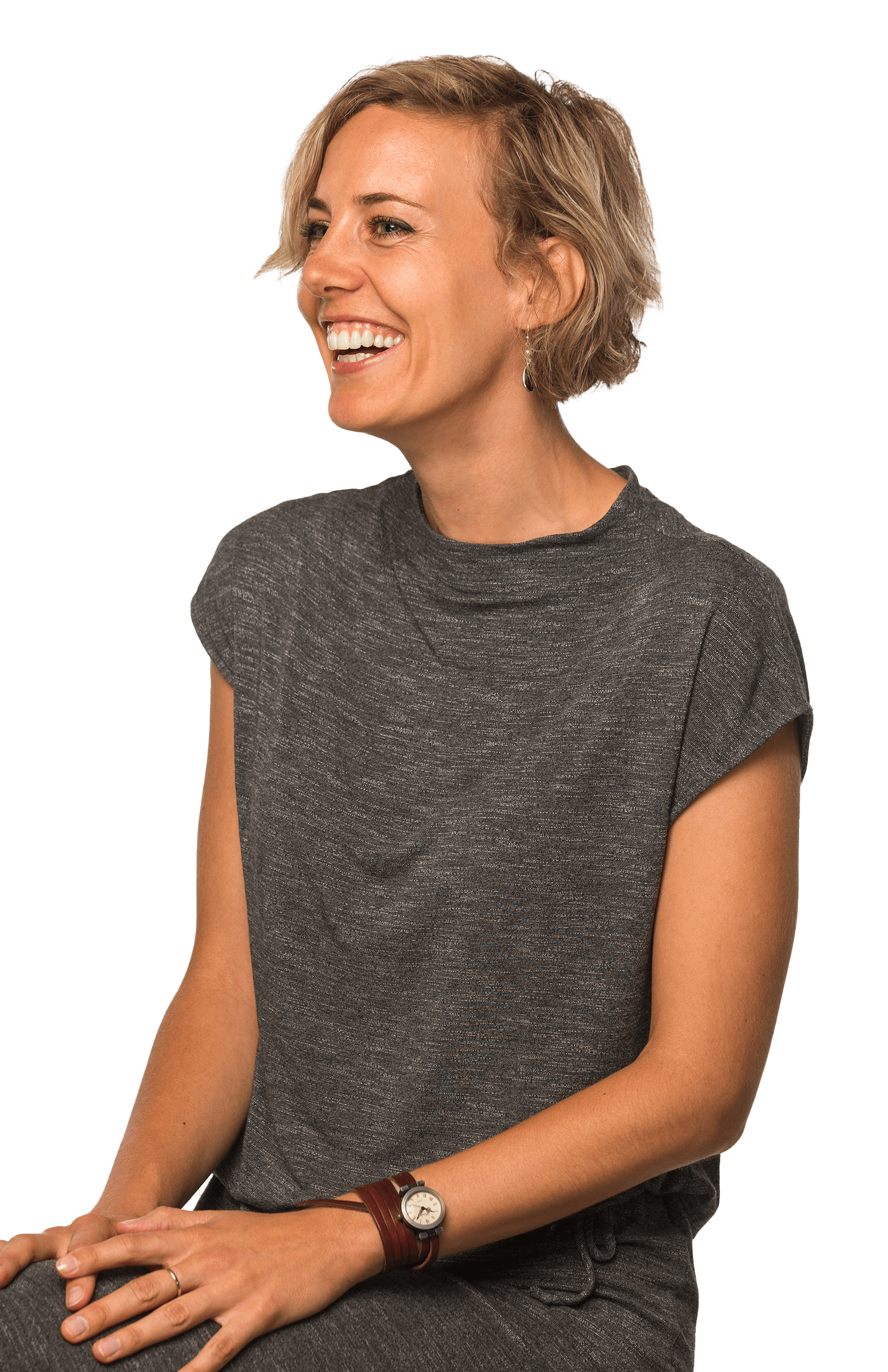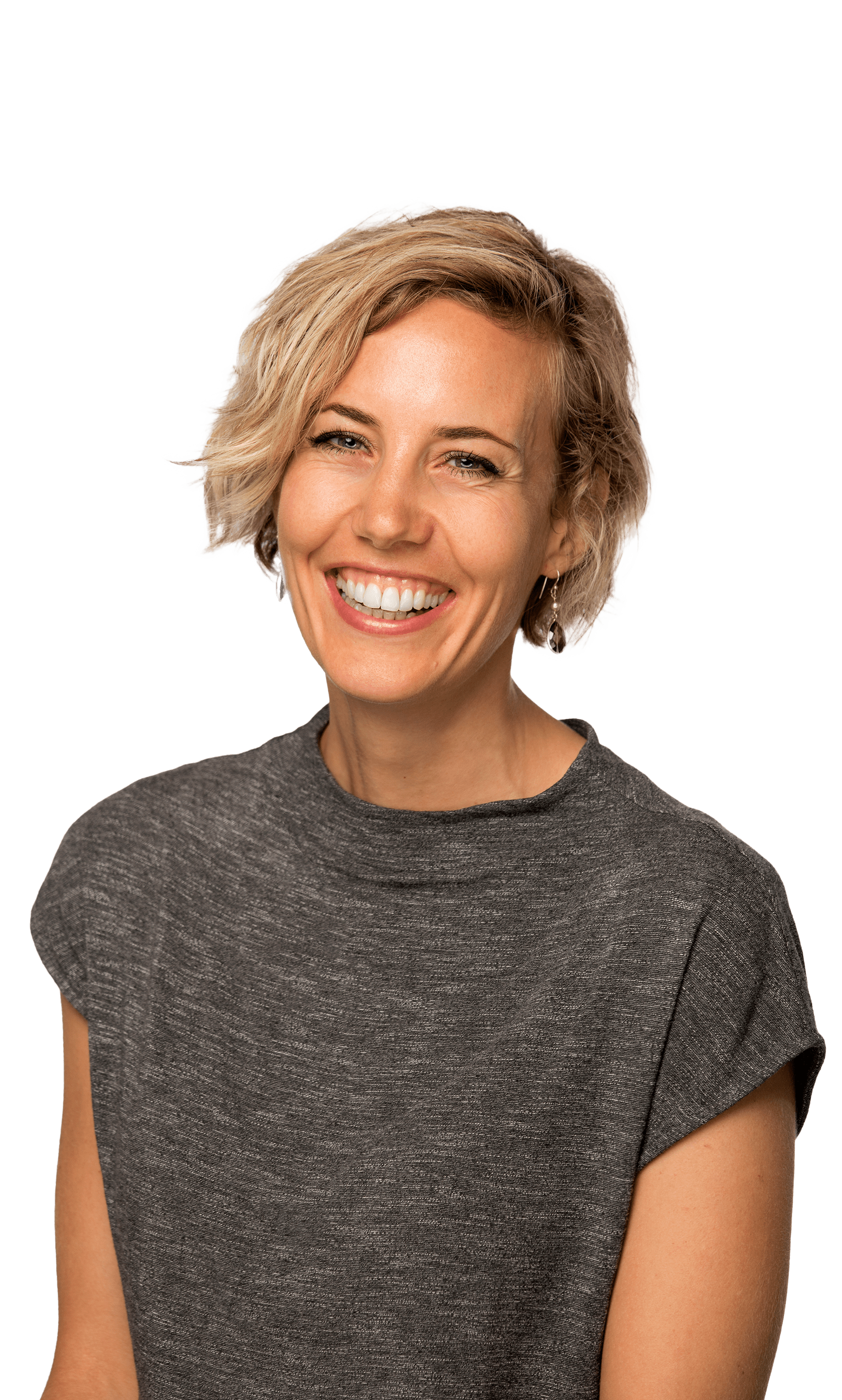I am an
Atmospheric Scientist
At TU DelftLouise Nuijens, PhD
This scientist was part of our original collection.*A few features may be different.
LOUISE
NUIJENS
She/Her
“I am so intrigued by nature, clouds, and the weather. It is so complex.”
Dr. Louise Nuijens never intended for herself or her work to be the center of anyone’s attention, but the world had plans of its own.
As a shy child who was teased a lot by her peers, she never thought she’d end up as a public-facing weather girl at a popular radio station. And when she decided to study clouds, she never thought that her work would end up playing a critical role in the middle of a global crisis.
Growing up in the Netherlands, she loved math, physics, and theater, though she was often the one writing and directing behind-the-scenes. One of her teachers had been a meteorologist in the army, and she was inspired by the idea of applying her interests to something that impacts us every day, like the weather.
Dr. Nuijens is naturally drawn to exploration and discovery, so after college she decided to pursue a Masters project in the US. She was invited to study clouds at UCLA, even though she knew nothing about them at the time. It wasn’t until she flew through the puffy, cumulus clouds over the sea east of Antigua, taking measurements of the cloud fields from a small research plane, that she became fascinated by the role they played in the complex web of nature.
Shallow cumulus clouds are unique. When they form over land, they don’t typically rain. But when they form over the sea, they do. This puzzle intrigued her, so she extended her Masters program to pursue a PhD on the topic.
As her career progressed, so did the world’s understanding of how the climate was changing and the important role of weather systems in regulating our environments. It’s important to understand how each component of the weather works and how they interact. And it turns out, one of the most difficult parts of the weather system for scientists to model is cumulus clouds.
Just like that, Dr. Nuijens’ interest in these mysterious clouds became a lot more important in the fight against global warming.
Today, Dr. Nuijens embraces her role as a public communicator and climate scientist working to improve models of how these clouds might behave, so that we can make better predictions about the planet’s future.
In a way, her path mirrors that of the clouds that she studies: sometimes the most unassuming actors have a critical role to play.
Notable Accomplishments:
PhD in Atmospheric Sciences from the University of California in Los Angeles (UCLA)
ERC Starting Grant
VIDI research grant
The
basics:
Expertise: Atmospheric Science; Environmental Science; Geoscience
Title: Assistant Professor
Institution: Delft University of Technology
I am a former weather girl who loves to travel and is studying how clouds might shape our planet’s future.
THEATER
•
BACKPACKING
•
HOSTING DINNER PARTIES
•
RUNNING
•
TRAVELLING
•
COOKING
•
THEATER • BACKPACKING • HOSTING DINNER PARTIES • RUNNING • TRAVELLING • COOKING •
things I love:
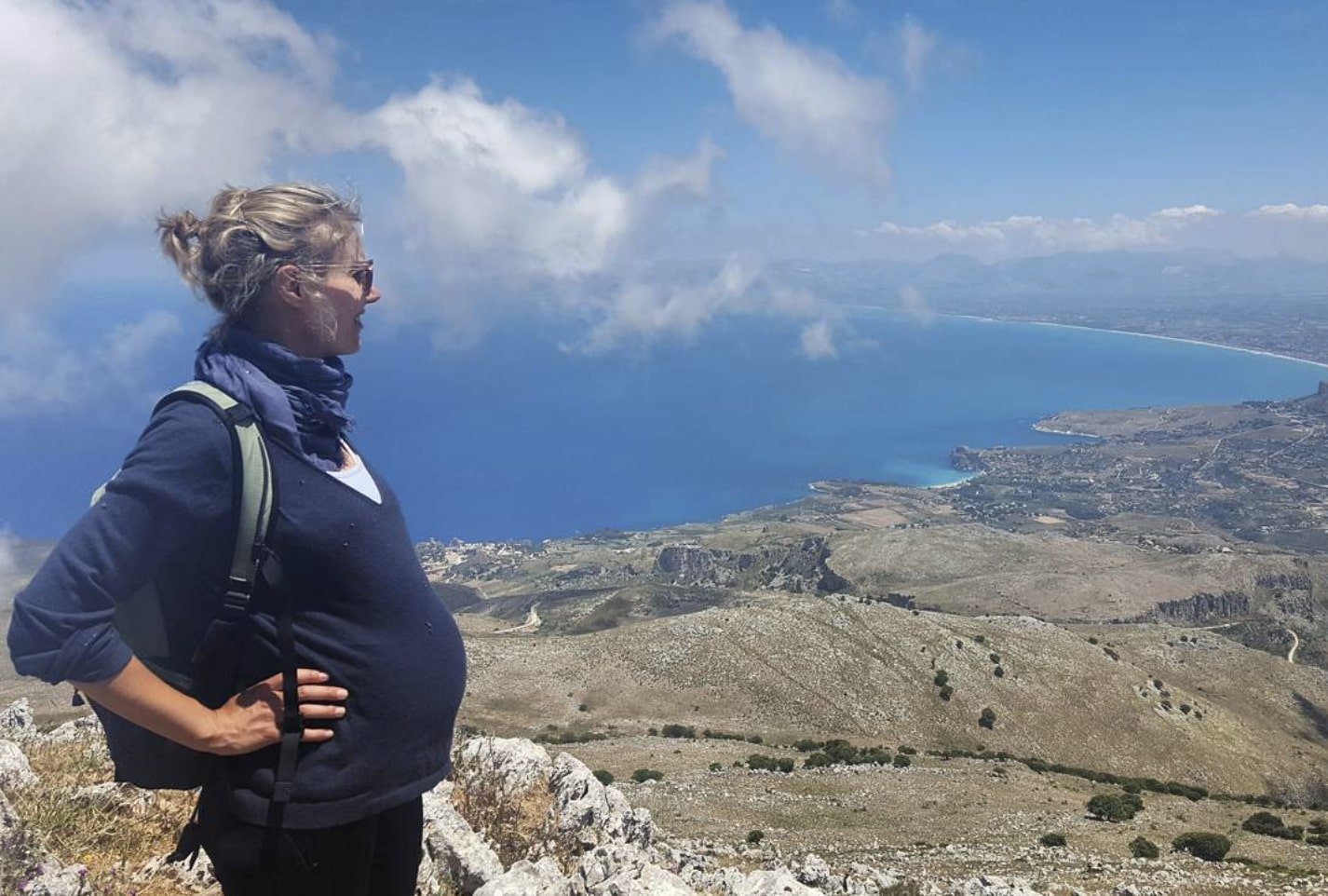
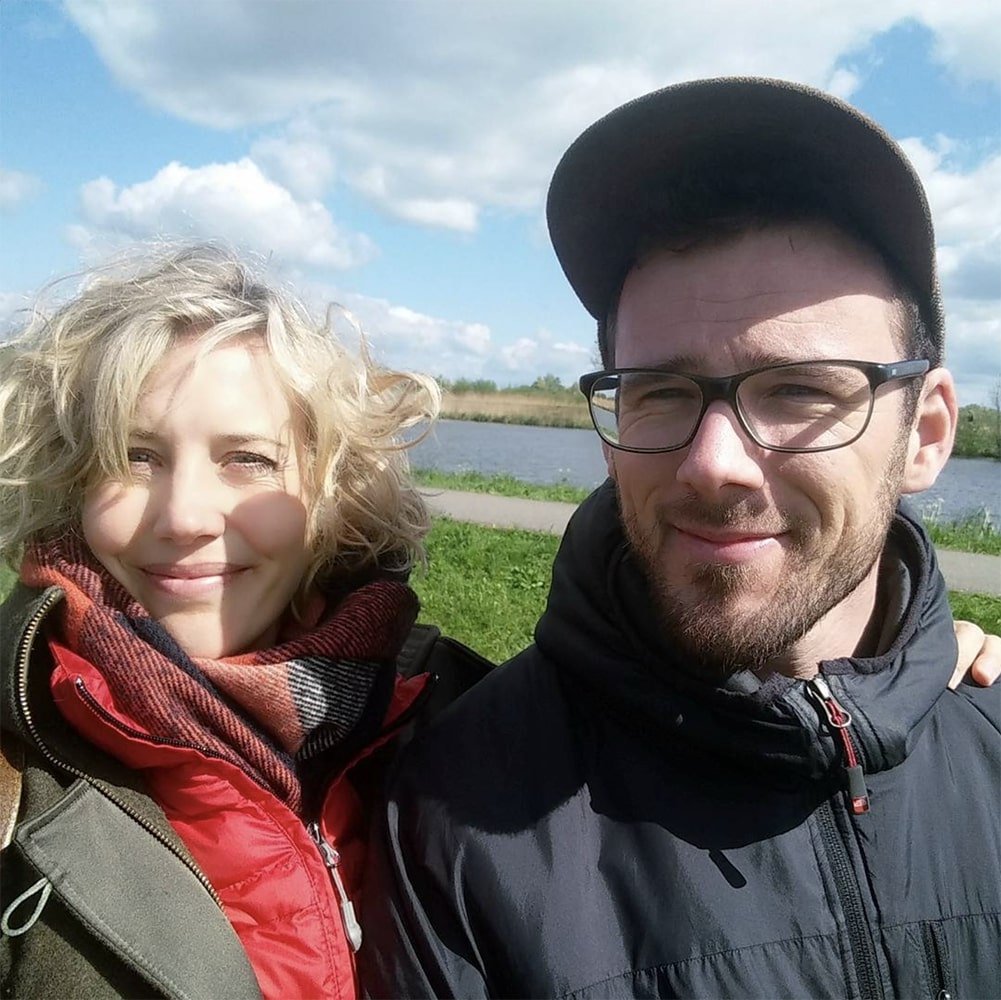
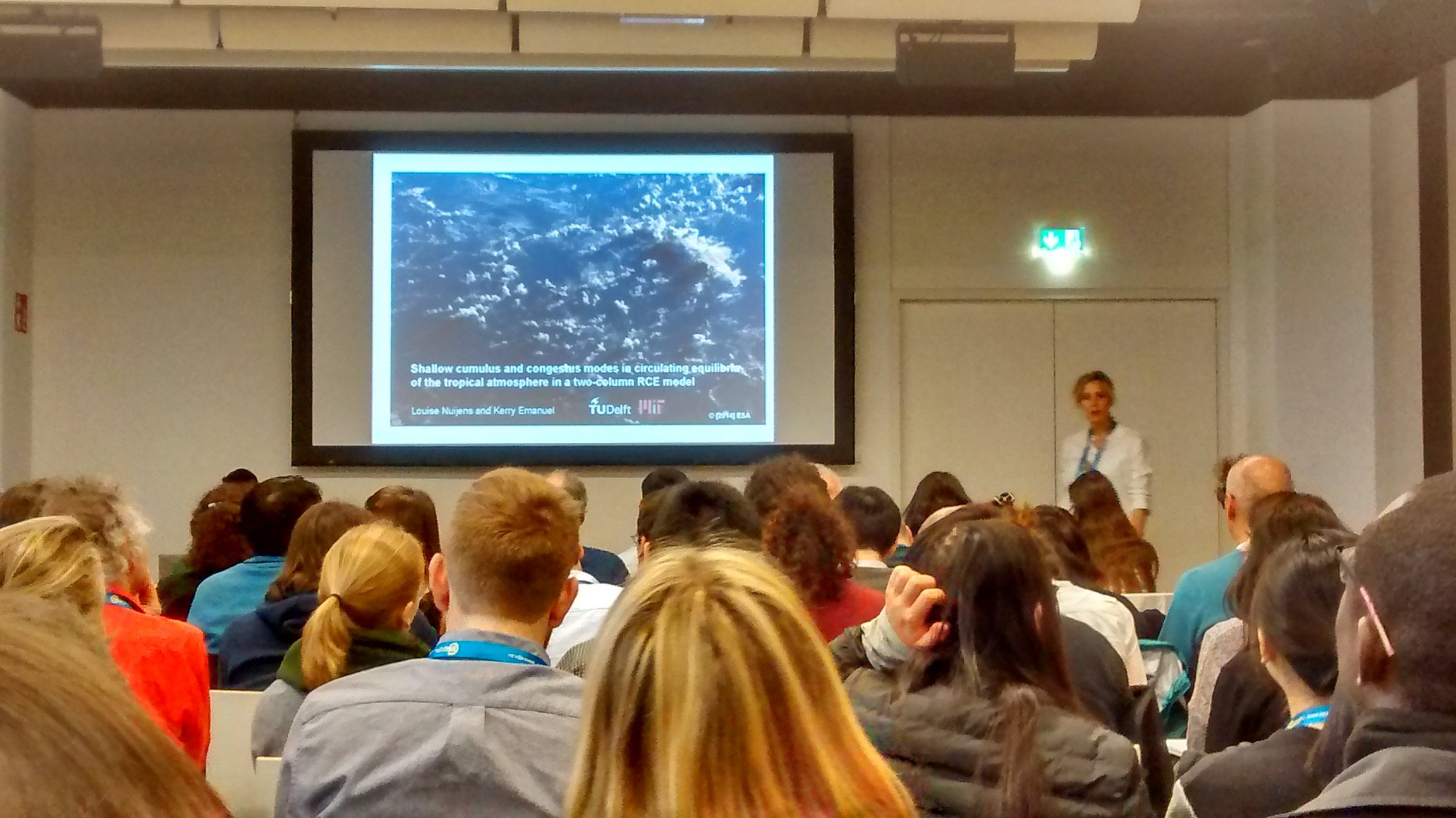
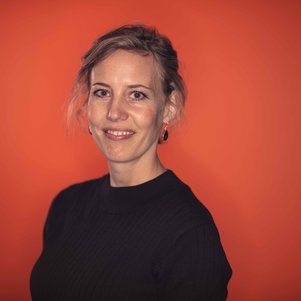
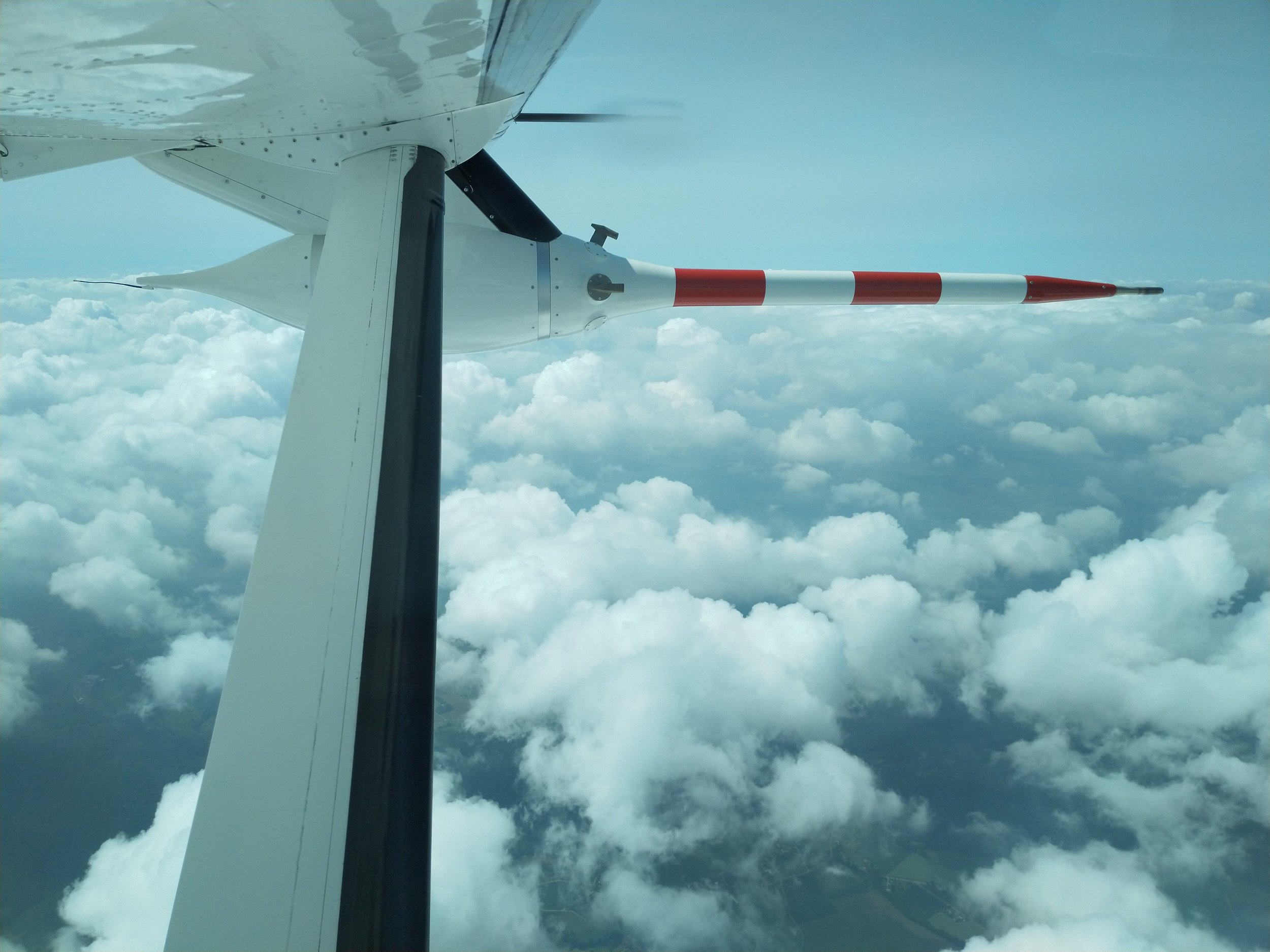
WHAT I DO
i am aN ASTROPHYSICIST
I study how clouds work and the role they play in our climate.
I work partially in the field with planes, satellites, and other technology.
These tools help me collect measurements about clouds. I spend the rest of my time creating models on computers in my lab and sharing my work with others.
CLOUDS HAVE AN IMPORTANT ROLE.
Clouds help regulate environments and the weather system.
My work addresses climate changes.
In recent years, my work has become more important to our understanding of changes in the climate, so I spend a lot of time working with others to help address these issues.
MY WHY
I realize that clouds are going to play an important role in determining how warm our climate is going to be at the end of the century.
I WANT TO KNOW:
Why are there clouds?
What role do they play in our climate and planet’s health?
MY ADVICE
a little about me
I wrote and directed plays in high school.
I was born in South Africa. I can be very indecisive. I speak three languages. I love experiencing new cultures that challenge my perspective. I was a shy kid who was bullied by other kids. I was a weather girl in college. I love hiking and backpacking around the world. My first job was as a waitress.
MY PATH TO SCIENCE
Shy Kid
I was born in South Africa, but spent most of my childhood in the Netherlands. I was a shy kid — my mom would spur me to say hi to the other kids. I often felt teased — there was a lot of emotional bullying. I had a hard time making friends that treated me well. I liked to be comfortable at home with family.
Applying Math to the Real World
I really liked math and physics in school. I had a teacher who was a meteorologist in the army and described the field to her as a possibility. I liked the idea of meteorology because it used physics and math in an applied way. I became a physics and math tutor as my first science-related job.
Studying Weather
I went to college to study meteorology at Wageningen University and Research Center in The Netherlands. While in college, I got a job as the weather girl at a popular radio station. I liked the idea of meteorology because so much of our lives are impacted by the weather and it is something we can’t change.
Discovering Clouds
I never intended to study clouds. I just wanted to do a masters project in the U.S. I learned something about clouds by flying right through them on a small research aircraft. I ended up sticking with it and decided to make clouds my specialty because I enjoyed that research so much and found them very interesting. I never thought they would become as important as they did.
A Practical Purpose
Later in my career, I realized that clouds are going to play an important role in determining how warm our climate is going to be at the end of the century. It gave my work a different level of importance that I never planned on. Now, part of my work is trying to improve the formulation of clouds in weather and climate models to make better predictions, a complex challenge!
Atmospheric Science
Atmospheric Scientists study the forces that drive the Earth’s weather, climate, and other aspects of the atmosphere.
INTRODUCING
CLIMATE SCIENCE
What is climate science? Why do they matter?
Weather and climate influence our daily lives. So what’s the difference between the two? Well, weather patterns describe conditions in the atmosphere over short periods of time, whereas climate describes averaged conditions in the atmosphere over much longer stretches. The weather today might call for rain in the afternoon, but the current climate can be compared to what conditions were like decades or centuries in the past or future.
Climate scientists, also called climatologists, study changes in the climate, what causes those changes, and the trajectory of modern climate change. The term “climate change” refers to the pattern of the earth getting warmer, on average, over long periods of time. This field of study is a branch of atmospheric sciences, physical geography and Earth sciences. In other words, scientists from lots of different fields contribute to our understanding of the climate. They study how the earth’s atmosphere is changing, and has changed, over time. Some focus on understanding clouds, other on the way that wind and heat circulates, the atmospheric boundary, the chemical and physical composition of the atmosphere or even how these forces interact with ocean and land. By doing so, they are able to make predictions about what future climates might be like and how that may change the ways we are able to live on earth.
Importantly, this work can also tell us how changes in human behavior might impact the climate, so that we can make better plans for the future.
Career Resources
Every scientist’s path is unique, and the right resources can make all of the difference. Below are a selection of resources that may be helpful for those who are interested in areas of science that are related to Louise’s work.

“I think you have to be ambitious and curious, because there are often a lot of things you don’t understand. You have to be able to push forward and stay motivated.”
— LOUISE NUIJENS
KEEP EXPLORING
Here are some resources we recommend for diving deeper into themes from this story.
Earth & Planetary Sciences
FIELD GUIDE
coming soonView more related scientists:
Looking for teacher resources?
PHOTOGRAPHER: Erica Derrickson • Boston, MA© 2024 THE PLENARY, CO. ALL RIGHTS RESERVED. TERMS. PRIVACY.This is a brand new site! See an issue? Let us know.
